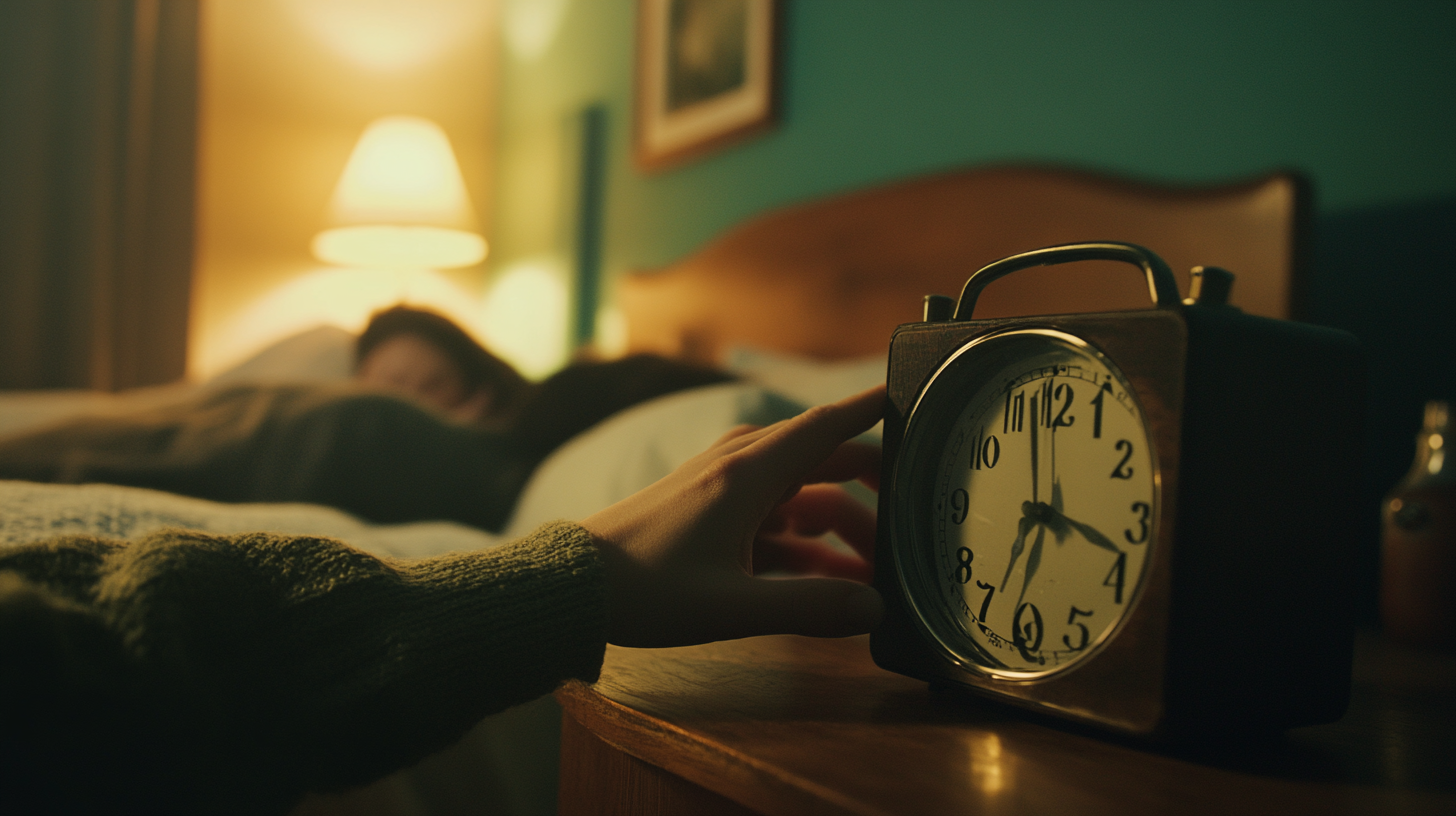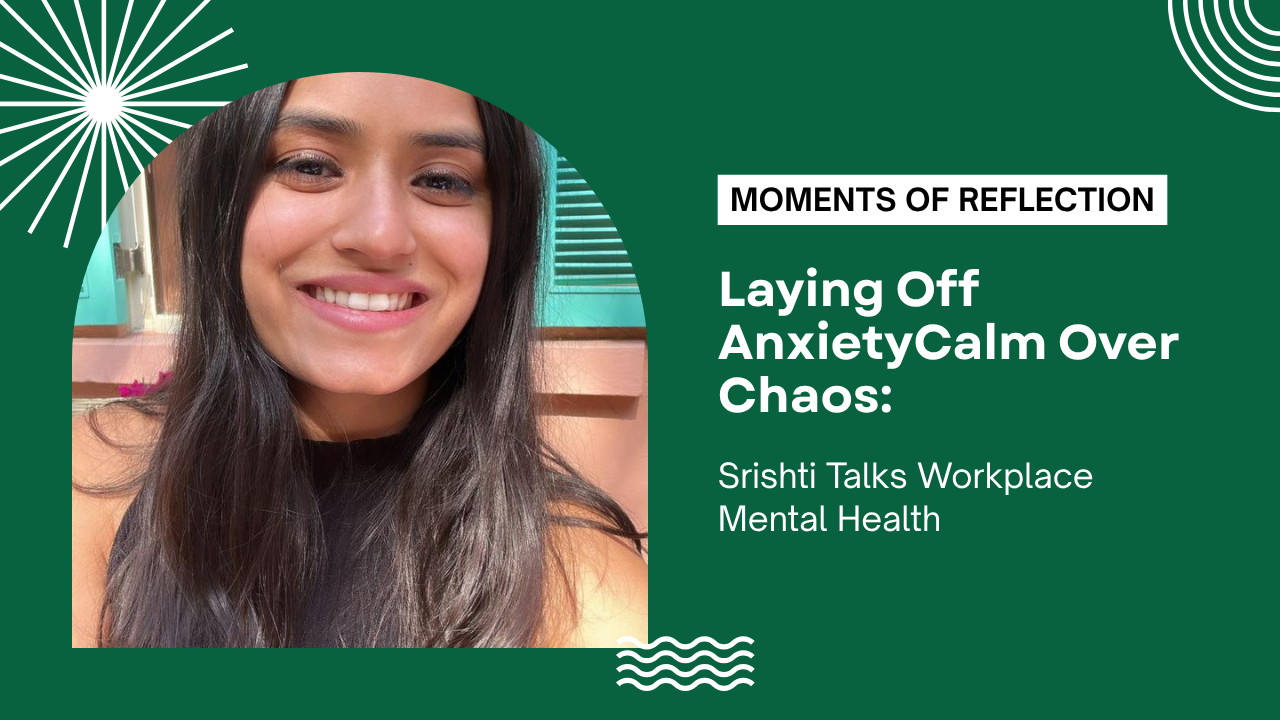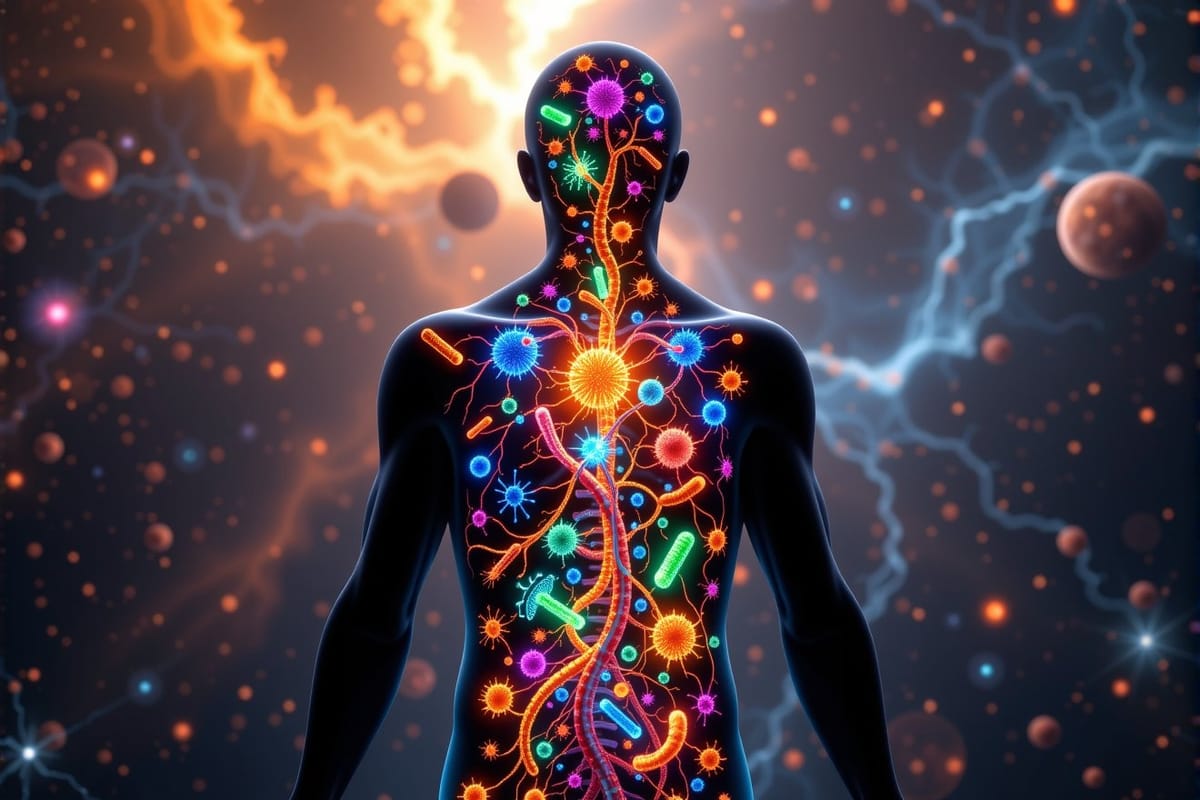Why Sleep Disruptions Are Wrecking Your Recovery (And How to Fix It)
Ever wonder why you feel drained, achy, and emotionally out of balance despite getting some downtime? The answer might lie in the quality of your sleep. Sleep isn’t just a pause button for your day; it’s a vital reset that helps your body and mind recover. But when sleep is disrupted—whether by stress, lifestyle choices, or underlying health issues—your recovery is compromised, leaving you stuck in a frustrating cycle of fatigue and sluggish healing.
Let’s dive into why sleep is so essential for recovery, what happens when it’s interrupted, and how you can reclaim the restorative power of a good night’s sleep.
Sleep: Your Body’s Overnight Repair Shop
Think of sleep as your body’s most reliable maintenance crew. While you’re catching Zzz’s, your body is hard at work repairing tissues, balancing hormones, and recharging your brain. The deep sleep phase is when your body produces growth hormones that rebuild muscles, heal injuries, and strengthen your immune system. Meanwhile, REM sleep plays a critical role in emotional recovery by helping your brain process memories, manage stress, and reset your mood.
When these processes are interrupted—whether by a restless mind, environmental noise, or a bad mattress—it’s like shutting down the repair shop early. Your muscles don’t heal as quickly, your brain doesn’t get the emotional reset it needs, and your body is left scrambling to recover.
The Ripple Effects of Sleep Disruptions
Missing out on quality sleep isn’t just about feeling groggy the next day. Chronic sleep disruptions have a ripple effect on nearly every aspect of your health.
- Weakened Immune System: Without proper rest, your immune system struggles to fight off illnesses, leaving you more prone to colds, infections, and even long-term health conditions.
- Sluggish Muscle Repair: If you’re into fitness or recovering from an injury, sleep is non-negotiable. Poor sleep slows down muscle recovery and can even increase your risk of injury.
- Mental Burnout: Sleep and mental health are deeply intertwined. Interrupted sleep amplifies stress, anxiety, and irritability, making it harder to focus, problem-solve, or feel emotionally balanced.
- Chronic Health Risks: Over time, poor sleep can lead to serious issues like heart disease, diabetes, and obesity. It’s not just about feeling tired—it’s about your long-term well-being.
Breaking the Cycle: How to Reclaim Restorative Sleep
The good news? You don’t have to settle for restless nights and sluggish recovery. With a few intentional changes, you can transform your sleep and supercharge your recovery.
- Set a Sleep Schedule: Go to bed and wake up at the same time every day—even on weekends. A consistent routine helps regulate your body’s internal clock.
- Create a Bedtime Ritual: Signal to your body that it’s time to wind down with relaxing activities like reading, meditating, or taking a warm bath. Avoid screens, as blue light can disrupt melatonin production.
- Optimize Your Environment: Make your bedroom a sleep sanctuary. Use blackout curtains, invest in a comfortable mattress and pillows, and keep the room cool and quiet.
- Watch What You Consume: Avoid caffeine, alcohol, and heavy meals close to bedtime. Instead, opt for calming teas or light snacks like a banana or handful of nuts.
- Address Underlying Issues: If you’re still struggling despite your best efforts, consider seeking professional advice. Sleep disorders like insomnia or sleep apnea can often be treated with medical support.
Why Sleep is Your Superpower
Recovery isn’t just about taking it easy during the day—it’s about prioritizing rest at night. Sleep is your body’s natural reset button, giving you the energy, resilience, and focus you need to thrive. By improving the quality of your sleep, you’re investing in your health, happiness, and overall well-being.
So, the next time you’re tempted to stay up late scrolling or ignore your body’s cries for rest, remember this: every hour of good sleep is a step closer to a healthier, more vibrant you. Sweet dreams—and even sweeter recoveries!







Comments